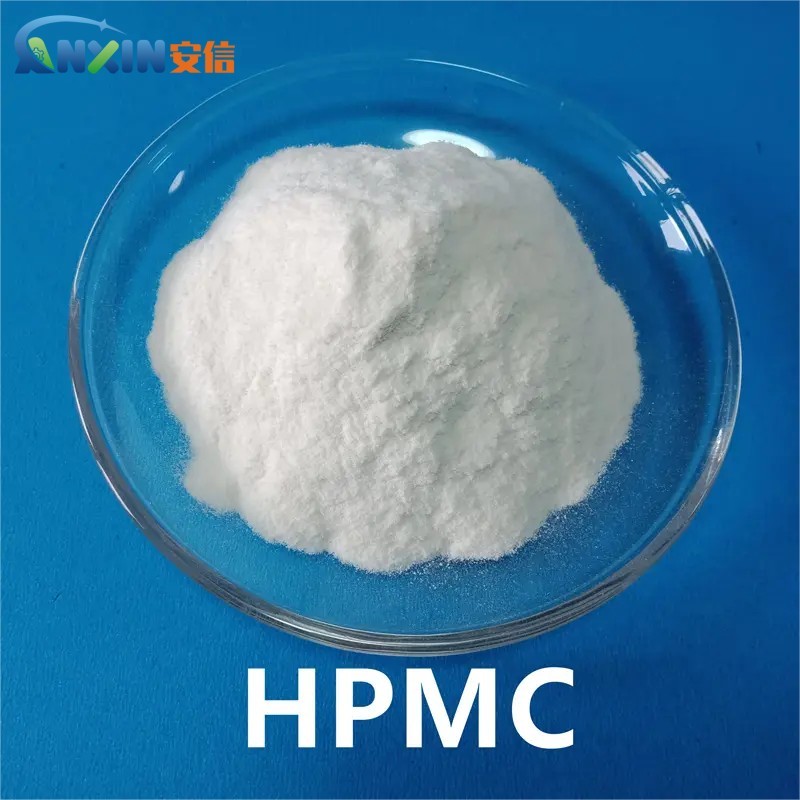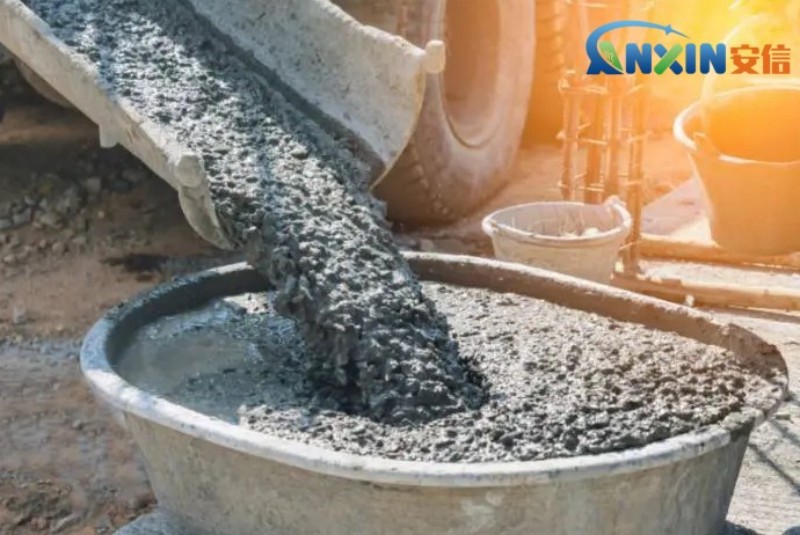Hydroxypropyl Methylcellulose (HPMC) is a common water-soluble polymer compound widely used in the field of building materials. Its use in concrete can significantly improve the properties of the concrete and in particular has a positive impact on its durability.
1. Improvement of concrete microstructure by HPMC
HPMC can effectively improve the microstructure of concrete through its excellent water retention and bonding properties. During the hardening process of concrete, the evaporation and loss of water is the main cause of the formation of internal defects such as pores and micro-cracks. HPMC can form a uniform water-retaining film to reduce water loss, thereby reducing the porosity and number of cracks inside the concrete and improving the compactness. This dense microstructure directly improves the impermeability and frost resistance of concrete.
2. Improve crack resistance
Plastic shrinkage cracks and dry shrinkage cracks in concrete during the hardening process are important issues affecting the durability. The high water retention capacity of HPMC delays the water loss rate of concrete and reduces the occurrence of early plastic shrinkage cracks. In addition, its lubrication effect on the cement paste in concrete can reduce internal stress and effectively alleviate the formation of dry shrinkage cracks. These properties make concrete less susceptible to further environmental erosion through cracks during long-term use.
3. Enhance resistance to chemical attack
Concrete is often exposed to corrosive media such as acids, alkalis or salts, and chemical attack will accelerate its performance degradation. HPMC can significantly slow down the penetration of external corrosive media by improving the compactness and surface quality of concrete. In addition, the molecular structure of HPMC has a certain degree of chemical inertness, which can prevent the chemical reaction between corrosive media and concrete to a certain extent.
4. Improve freeze-thaw cycle resistance performance
In cold regions, freeze-thaw cycles are one of the main causes of degradation of concrete structures. Freeze-thaw expansion of moisture within concrete can cause cracks, thereby reducing structural strength. By optimizing the water retention performance and pore distribution, HPMC makes the moisture in the concrete more evenly distributed and reduces the free water content, thereby effectively mitigating damage caused by freeze-thaw cycles.
5. Optimize construction performance and indirectly improve durability
HPMC also has good thickening and lubricating effects in concrete mixtures, which can significantly improve its workability. Better construction performance makes it easier to achieve high-quality density after concrete pouring and reduces the occurrence of defects such as voids and segregation. This indirect effect further improves the long-term durability of concrete.
Precautions in Practical Application
Although HPMC has many positive effects on the durability of concrete, its dosage needs to be reasonably controlled. Excessive HPMC may result in reduced early strength of concrete or excessive plasticity. In practical applications, the dosage and mix ratio of HPMC should be optimized through experiments according to specific engineering needs. In addition, the performance of HPMC will also be affected by environmental temperature, humidity and other factors, so appropriate adjustments need to be made under different conditions.
As an effective concrete admixture, HPMC plays a significant role in improving the durability of concrete. It shows excellent protective effects in various complex environments by improving the microstructure of concrete, enhancing crack resistance, improving chemical attack resistance and freeze-thaw resistance. However, in actual engineering, it needs to be used rationally according to specific conditions and needs to give full play to its performance advantages. With the further development of technology, the application prospects of HPMC in concrete will be broader.
Post time: Dec-24-2024

